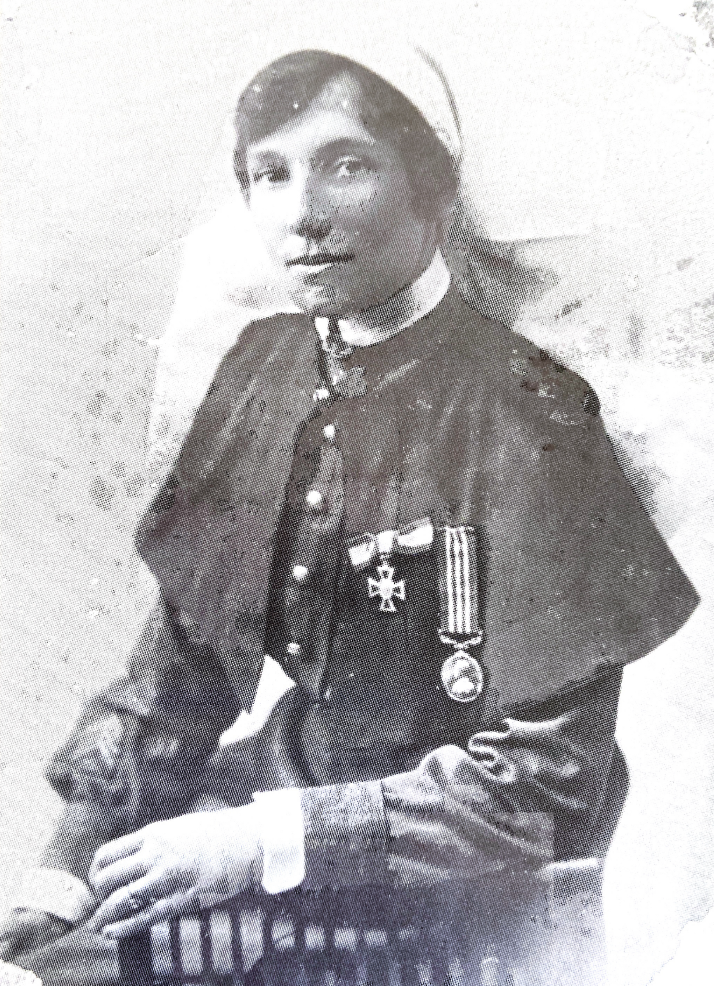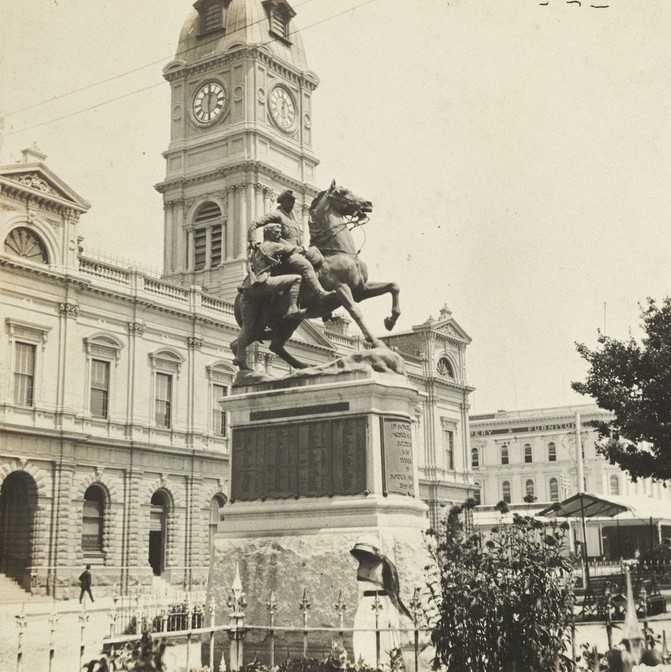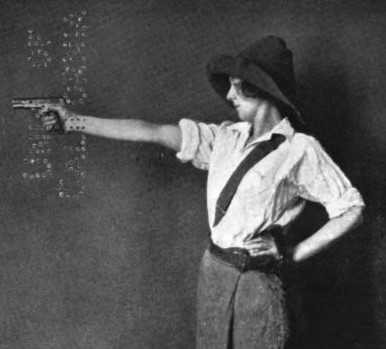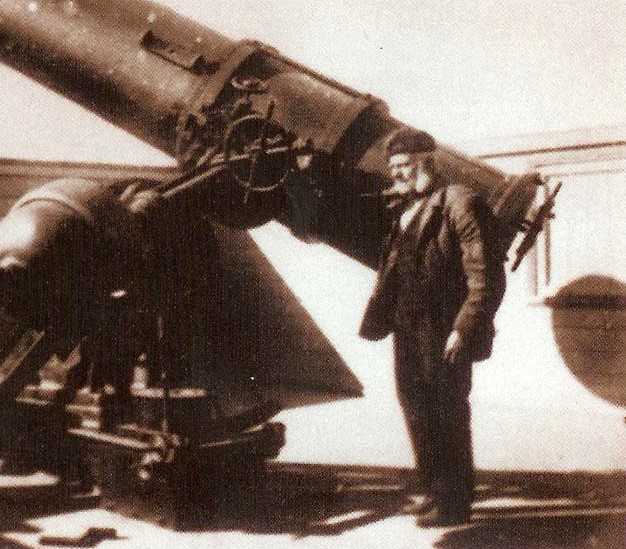On ANZAC Day we honour the memory of the Australian and New Zealand servicemen and servicewomen who served in the Great War, including those died in active service. We extend this honour to those who have served since the Great War, including up to more recent conflicts.
This ANZAC Day I want to explore the service of ‘The Other ANZACS’ - the Australian and New Zealand nurses who served in both World Wars. It is right and just to remember these brave and dedicated women who answered their nation’s calling. These pioneering women served with honour and in many cases made the ultimate sacrifice. I would especially like to highlight the life and achievements of Ballarat-born nurse, Major Alice Ross-King.
More than 3000 nurses volunteered to serve in the Great War. Like their menfolk, these women just wanted to ‘do their bit’. One of the main criteria nurses needed to enlist for active service overseas, obviously other than being a trained nurse, was to be unmarried. There were cases where married nurses enlisted and served overseas, hiding this fact from superiors. But once the authorities became aware of this, these women returned to Australia or New Zealand.
Wherever ANZAC soldiers saw action, nurses served alongside them. This included in hospitals, hospital ships and trains, and casualty clearing stations situated close to the front line. Many nurses thought, like the soldiers did, that they were heading off on a great adventure. This sentiment soon dissipated once they experienced the horror of war at Gallipoli and the Western Front. The wartime demands placed on the nurses allowed them to take on new responsibilities and gain new skills. Many of these skills they were able to continue to use after the war. By the end of the Great War, 45 ANZAC nurses had died in active service overseas. Over two hundred nurses had been decorated, and eight received the Military Medal (MM) for bravery.
During the Second World War nurses again volunteered for active service overseas. Like their predecessors from the Great War, they were motivated by a sense of duty. 5000 Australian nurses enlisted and served in locations including the Pacific, Asia, the Middle East, the Mediterranean, Britain and Australia. Once again, like the nurses who served in the Great War, they were stationed in hospitals, hospital ships and casualty clearing stations. At the start of the Second World War, the Australian Army Nursing Service (AANS) was the only Australian military nursing service. The Airforce and Navy then established their own a nursing services, but the AANS was home to most nurses who served overseas.
By the end of the war many nurses were commissioned as officers, though some were reluctant to give up their traditional titles, such as Matron or Sister. By the end of the Second World War, 78 nurses had died in active service. While some deaths were from illness or accident, most were the result of enemy action or because of being a Prisoner of War.
Many people will be familiar with the miniseries “ANZAC Girls”, which screened on ABC TV several years ago. It told the stories of the Australian nurses who served in the First World War. The series gave special attention to the story of Ballarat-born nurse, Sister Alice Ross-King.
Sister Alice Ross-King AARC, MM, was born in Ballarat on 5 August 1887 to Archibald, a storekeeper and Henrietta (nee Ward). Her parents named her Alys but she decided to go with the full spelling of Alice. When she was quite young, Alice moved with her parents to Perth, but tragedy struck when her father and two brothers drowned because of an accident in the Swan River. As a result, Alice moved to Melbourne with her mother to finish her schooling. She then enrolled in nursing training at the Alfred Hospital and became a nurse. Before the war, Alice was a theatre sister and sister in charge at a private hospital in Collins Street, Melbourne. She enlisted in the Australian Army Nursing Service in November 1914.
Alice had a distinguished nursing career during the First World War. She was a recipient of the Military Medal for bravery - only of seven nurses of the Australian Nursing Service to receive this medal during the Great War. Alice married Sydney Appleford, who she met on the ship returning to Australia, on the 29 August 1919. They settled in Lang Lang in South Gippsland where Sydney, a medical doctor, continued to practice medicine, ably supported by Alice. She enlisted again for service during the Second World War and rose to the rank of Major.
Alice died on 17 August 1968 in Cronulla, Sydney, survived by her four children. Her husband predeceased her in 1958. She is buried in the Presbyterian section of the Fawkner Hospital. An annual award is presented to a serving member of the Royal Australian Army Nursing Corps by the Ex-A.A.W.M.S. Association to perpetuate her memory.
Here is a link to an article from The Melbourne Herald, 2 October 1917 about Alice Ross King and other nurses being awarded the Military Medal: https://trove.nla.gov.au/newspaper/article/242468564?searchTerm=%22alice%20ross%20king%22
Here is a link to an in-depth article which appeared in The Melbourne Herald, July 29, 1919 about the Australian nurses’ work on active service: https://trove.nla.gov.au/newspaper/article/242589388?searchTerm=%22alice%20ross%20king%22
Here is a link to Alice’s full biography in the Australian Dictionary of Biography: https://adb.anu.edu.au/biography/rossking-alice-8276
Simon Jacks
Australiana Research Librarian
Research Sources:
Australian Dictionary of Biography
Australian War Memorial webpage: https://www.awm.gov.au/collection/P11013368
The Melbourne Herald, 2 October 1917
The Melbourne Herald, 29 July 1919
Rees, Peter. (2008). The Other ANZACS: the extraordinary story of our World War I nurses. N.S.W. Allen & Unwin, Crows Nest. Book held the Australiana Research Collection, Ballarat Research Hub at Eureka.



